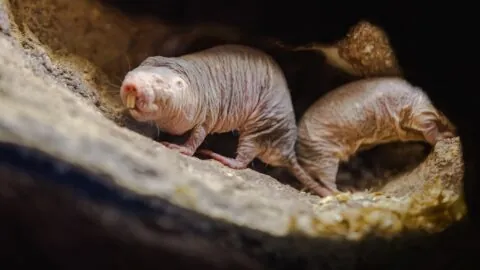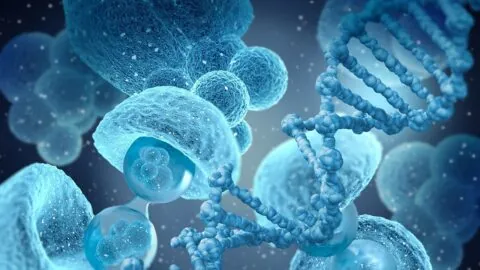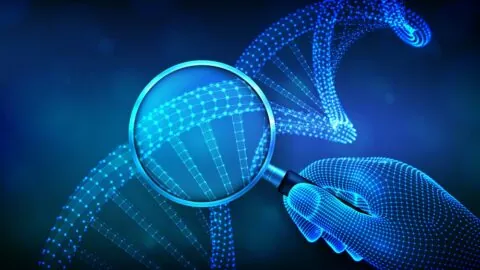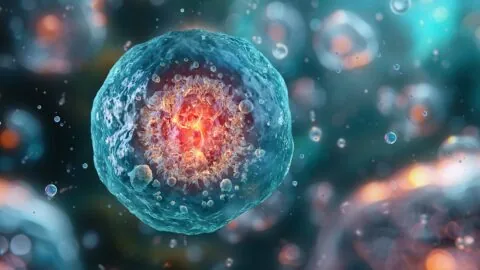October 14, 2025
Scientists have found that the cGAS protein in naked mole rats, a famously long-lived species, boosts DNA repair, while the human version tends to hamper it. The difference boils down to just four amino acids [1]. DNA repair and cGAS Despite their unassuming appearance, naked mole rats (NMRs) are stars in the longevity field. These...
October 03, 2025
Among the hallmarks of aging, DNA damage is both one of the most important and one of the hardest to crack. A couple of years ago, when I first learned about Matter Bioworks at a prominent longevity conference, I was amazed at the audacity of the small startup’s vision: actually fixing our DNA, including the...
July 08, 2025
In Cell Stem Cell, a trio of reviewers has proposed five hallmarks that are specific to the aging of stem cells. Functional rather than molecular This review begins with a note that its classifications focus on the physical features and overall behavior rather than what is going on biochemically. This is because the hallmarks of...
January 21, 2025
A new paper published in Nature Aging suggests that somatic mutations cause significant remodeling of the epigenetic landscape. The findings might be relevant to future anti-aging interventions [1]. The genome and the epigenome Genomic instability and epigenetic alterations are two of the hallmarks of aging [2]. The former occurs in somatic cells due to replication...
November 26, 2024
Today, we bring you a selection of presentations from the annual conference organized by the Gerontological Society of America. Most of our savvy readers, if asked to name the biggest gerontology conference, would probably go with the venerable ARDD in Copenhagen or the new favorite, Hevolution Foundation’s Healthspan Summit in Riyadh. Yet, both pale in...
November 06, 2024
In a new study, the researchers administered human umbilical cord-derived mesenchymal stem cells (HUCMSCs) to aged mice and observed reduced degeneration in multiple organs, changes to microbial composition, metabolic alterations, improvements in behavior and ability, and reduced fearfulness [1]. Therapeutic potential Earlier this year, we reported on a clinical trial in which administering HUCMSCs reduced...






